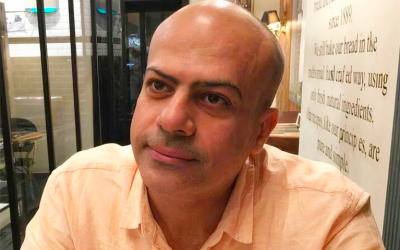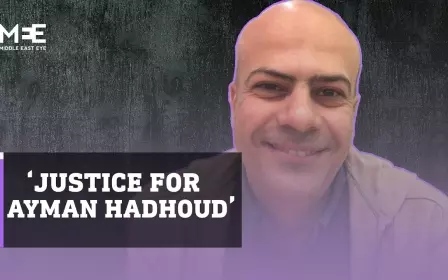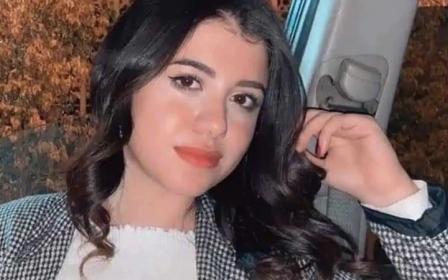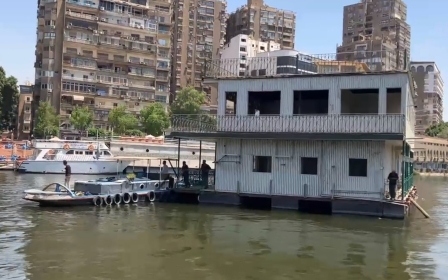US calls for probe of Egyptian economist's death 'without delay', after Cairo closes case
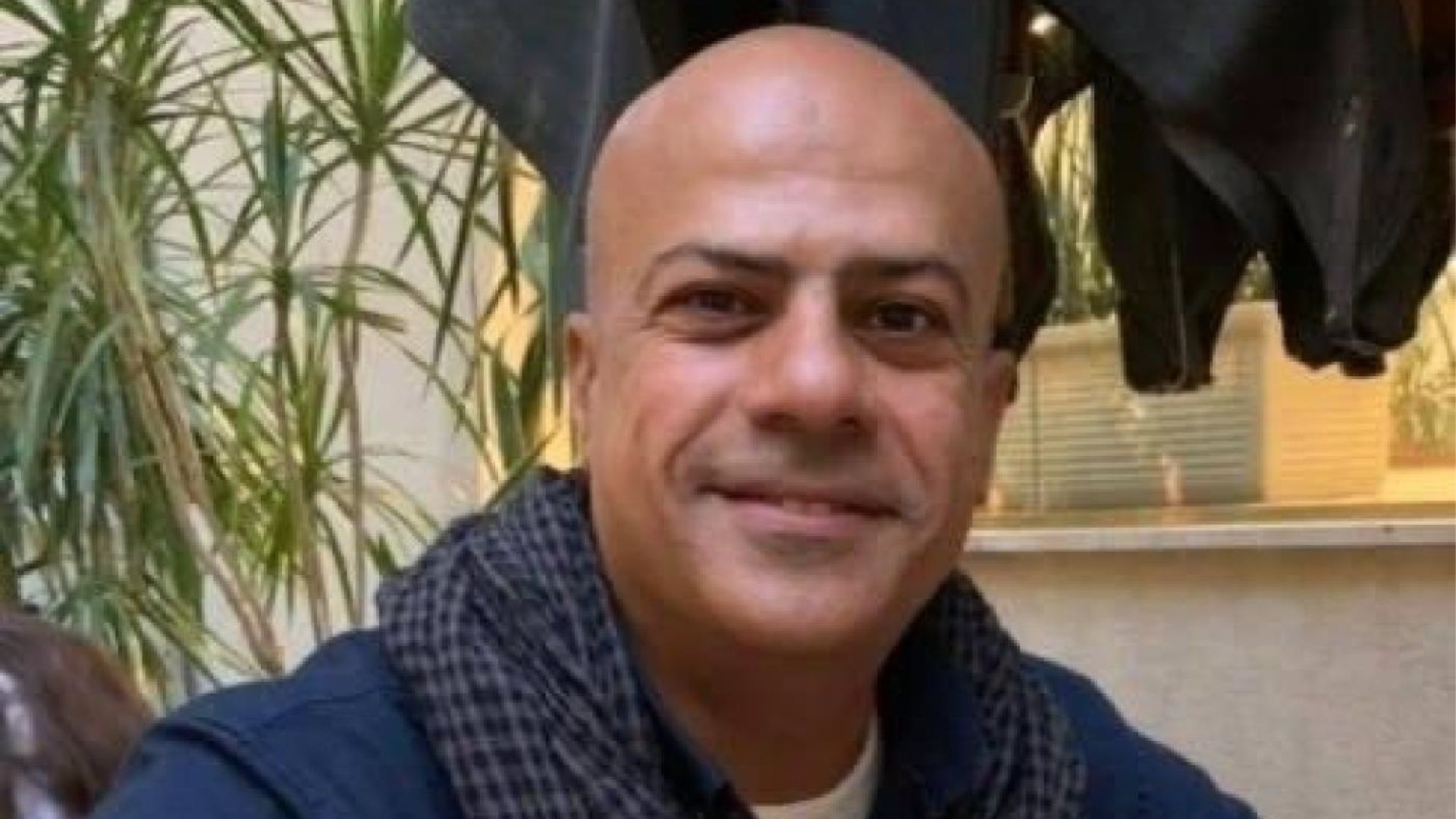
The US State Department on Tuesday reiterated a call for Egypt to conduct an "investigation without delay" into the death of economist Ayman Hadhoud, after an Egyptian court upheld a decision to close his case.
"The United States remains deeply disturbed by reports surrounding the death in custody of Egyptian researcher Ayman Hadhoud, and allegations of his torture while in detention," a State Department spokesperson told Middle East Eye in an emailed statement.
"We are aware of the Egyptian Criminal Court's decision to close the case, and nevertheless reiterate that the circumstances of Mr Hadhoud’s detention, treatment, and death require a thorough, transparent, and credible investigation without delay."
An Egyptian court last week closed the case surrounding the "suspicious" death of Hadhoud in police custody in a psychiatric hospital in February.
The New Cairo Criminal Court confirmed the decision of the Nasr City Prosecutor's Office not to pursue the case through criminal channels. The decision came after Hadhoud's family filed an appeal against the Prosecutor's Office, according to a statement from the court.
New MEE newsletter: Jerusalem Dispatch
Sign up to get the latest insights and analysis on Israel-Palestine, alongside Turkey Unpacked and other MEE newsletters
Hadhoud, a senior economic adviser to Egypt's liberal Reform and Development Party, was arrested on 5 February on charges of alleged theft, and went missing. Then, on 9 April, his family was asked to collect his dead body from the Abbasiya Mental Health Hospital in Cairo.
The Egyptian Prosecutor's Office repeatedly denied playing a role in his death, emphasising "his body was examined and found to be free of injuries" and that he died as a result of a "drop in blood pressure".
The office added that he suffered from "mental disorders, dizziness, imbalance and high temperature", was suspected to have contracted Covid-19, and "died during his transfer to a hospital for treatment".
Several Egyptian and international rights groups, however, described the death as "suspicious" and accused Cairo of "hiding the truth".
"Evidence indicates criminal violations behind Ayman's death, as he was alive on the evening of 6 February when he was arrested on charges of alleged theft," nine rights groups said in a report in April.
The State Department's spokesperson, Ned Price, had issued a similar call in May for Egypt to properly probe the death, in response to a question about Hadhoud during a press briefing.
Attempt to 'erase evidence of wrongdoing'
A member of the family told Middle East Eye that they saw Hadhoud's body with signs of beatings and torture, but was then forced to delete the images from his phone.
Amnesty International has also stated that it saw leaked photos of his corpse, which "strongly suggests that Ayman Hadhoud was tortured or otherwise ill-treated before his death".
The rights groups added, as confirmed by MEE sources, that Egypt's National Security Agency "attempted to erase any evidence of their wrongdoing by preparing for Ayman's burial in a charity cemetery without notifying his relatives".
An NSA officer named Yassin Mustafa summoned Hadhoud's brother, Adel, to the Amiriya police station on 8 February and informed him that Hadhoud was in the custody of the NSA, without revealing his location. The officer asked Adel about his brother's workplace, studies and activities.
According to the independent Egyptian news site Mada Masr, the Egyptian prosecution did not respond to a request for surveillance camera footage of Hadhoud being arrested on alleged robbery charges.
The prosecution also ignored a request to question Mustafa, the NSA officer.
Hadhoud had expressed views critical of the security services before his arrest, saying they intervened in politics in favour of the wealthy, the report said.
He was an adviser to Mohamed Sadat, a member of his party. Hadhoud was also a member of the National Council for Human Rights and was nephew of the late president Anwar Sadat.
His family had long feared he would be subjected to harm, especially given that he suffered from psychological distress at the time of his detention.
Middle East Eye delivers independent and unrivalled coverage and analysis of the Middle East, North Africa and beyond. To learn more about republishing this content and the associated fees, please fill out this form. More about MEE can be found here.


